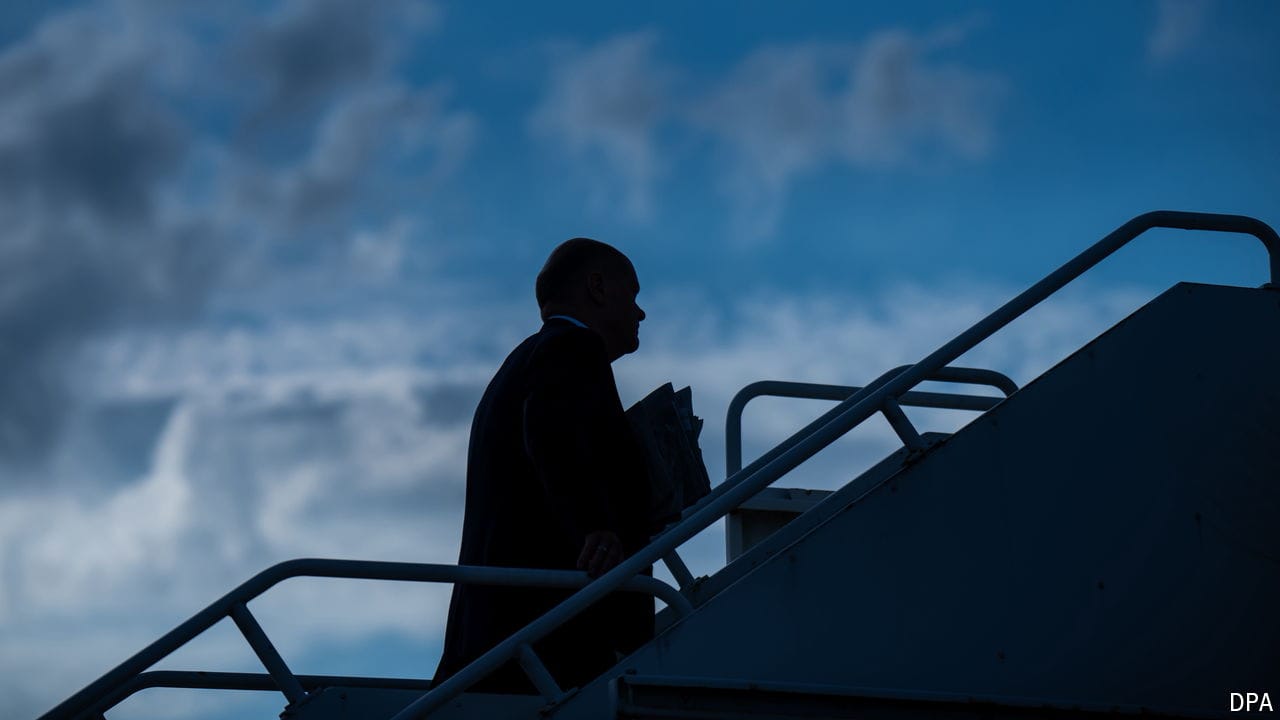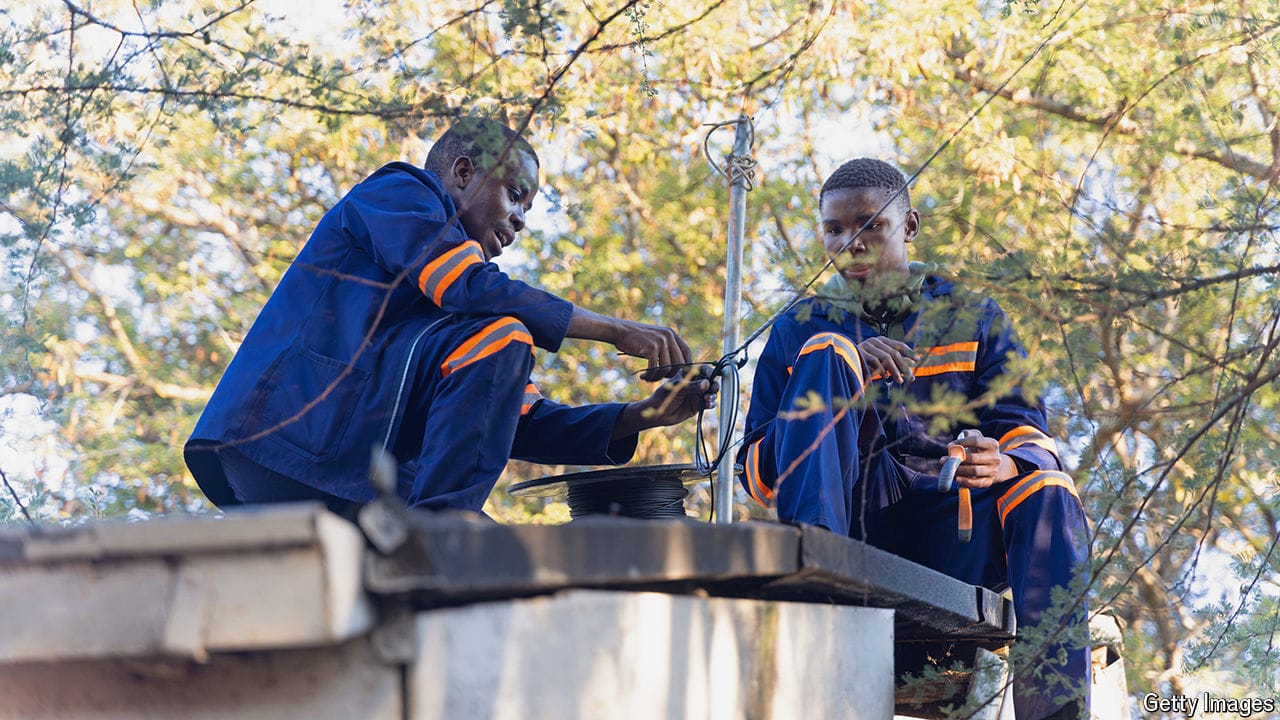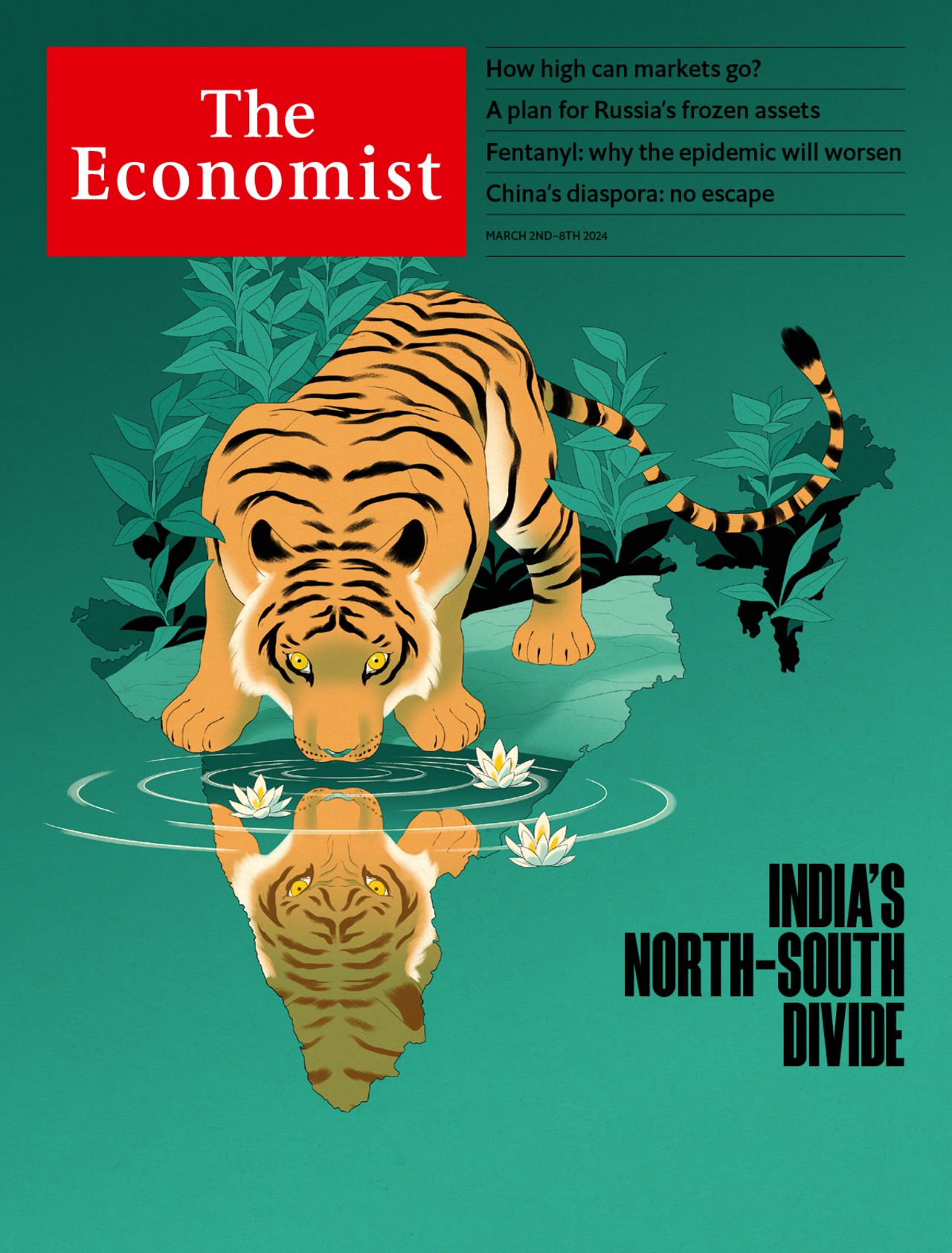How to build a British voter
Labour is assembling an electoral coalition that is young and broad, but volatile too

LATER THIS year Britain’s voters will choose their next government. The polls suggest that the ruling Conservatives will suffer a humbling defeat, and that Sir Keir Starmer, the Labour leader, will enter Downing Street. Much can still happen, obviously, but normality seems to beckon after years of political turmoil. A boring, managerial prime minister in charge of a centrist party would be welcome relief from the psychodrama of Tory factionalism. Brexit would fade still further into the political background. The union would be safer from nationalists in Scotland. And the electoral pendulum would have performed another of its slow and decisive swings. Britain has had two changes in governing party since 1979. This would be the next; instead of 1997 and Sir Tony Blair, think of 2024 and Sir Keir.
Think again. The Economist has dug beneath the surface of the polls and compared voting behaviour at the 2019 election with voting intentions in 2024, drawing on data from 95,000 Britons surveyed by WeThink, a polling company. Our model calculates the probability that a voter will pick a political party based on eight characteristics, from their age and educational attainment to their ethnicity and what kind of property they live in. (You can see how people like you vote by playing with the model.) It shows that the electoral coalition propelling Labour towards power sweeps up most young voters, but is also broad and volatile. What it does not augur is a return to politics as usual.
Explore more
This article appeared in the Leaders section of the print edition under the headline “Build a British voter”
Leaders March 2nd 2024
More from Leaders

Germany’s failure to lead the EU is becoming a problem
A weak chancellor and coalition rows are to blame

How to ensure Africa is not left behind by the AI revolution
Weak digital infrastructure is holding the continent back

A global gold rush is changing sport
Fans may be cooling on the Olympics, but elsewhere technology is transforming how sport is watched
Can Kamala Harris win?
Joe Biden’s vice-president has an extraordinary opportunity. But she also has a mountain to climb
MAGA Republicans are wrong to seek a cheaper dollar
It is hard to cast America as a victim of the global financial system
Joe Biden has given Democrats a second chance to win the White House
If they are not to squander it, they must have a proper contest
